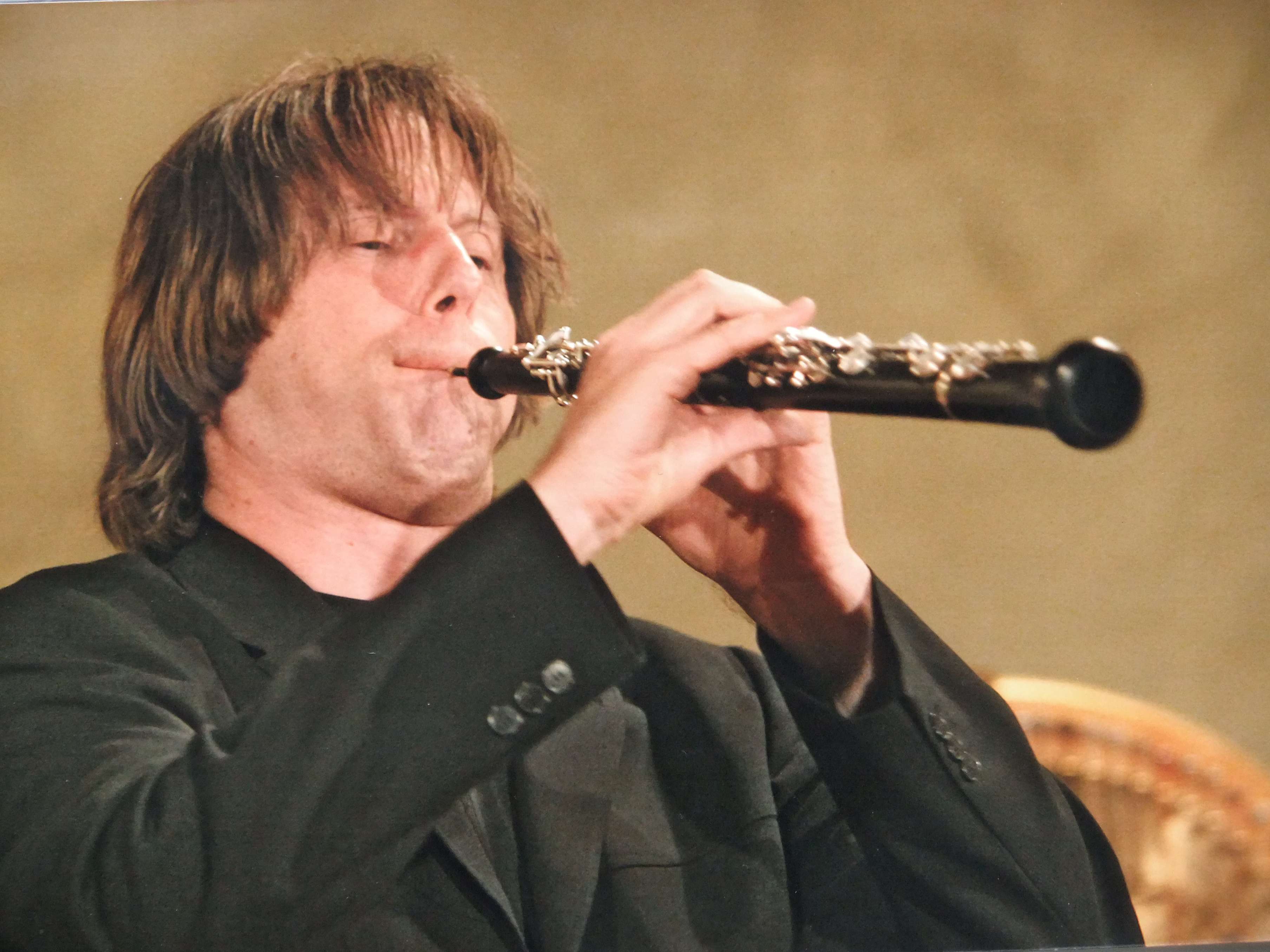|
Back
Something for everyone Zurich
Tonhalle
05/20/2011 - and May 17 (Bern), 18 (Genève), 19 (Lugano), 2011
Rodion Schtschedrin: Concerto for Orchestra No. 1
Wolfgang Amadeus Mozart: Oboe Concerto KV 314
Pjotr Tchaikovsky: Symphony No. 3 “Polish” op. 29
Emanuel Abbühl (oboe)
London Symphony Orchestra, Valery Gergiev (conductor)

E. Abbühl
This was a Big Event. Like Karajan and the Berliners in the old days, or an appearance by Carlos Kleiber; not perhaps quite the same frisson but the LSO and Gergiev has a certain interest away from London. It brought out the Russian oligarchs, the top management of the Swiss banks and the British Ambassador. Something, then, for everyone.
British orchestras surprisingly made little impression in a list, just a few years ago, of the world’s best orchestras in the British “Gramophone” magazine. The London Symphony Orchestra, in fourth place, was Britain’s sole representative among the twenty finest bands, according to a panel of international critics. For my taste, the Philharmonia, on a good day, can give the LSO a good run for their money – and it’s good to see that Migros, the sponsor of this series of high-quality concerts will bring over the Philharmonia to Zurich in May 2012 under Philippe Jordan. I should mention London’s “embarrassement de riches” in the orchestral department: the dependable London Philharmonic, the hard-working Royal Philharmonic and the adventurous BBC Symphony. Healthy competition leads to a varied and quality choice of concert fare.
So Switzerland was mighty pleased to have a chance to hear the LSO under their Principal Conductor in no less than five concerts in five different locations.
The concert began with Rodion Schtschedrin’s Concerto for Orchestra No. 1. His is neither a name to trip lightly off the tongue nor to spell easily.
Schtshedrin, born in 1932 in Moscow, succeeded Dmitri Shostakovich as President of the Russian Association of Composers and was proposed by Shostakovich as his successor. Whilst his early music is tonal, colourfully orchestrated and often includes snippets of Russian folk tunes, some of his later pieces use more modern techniques.
He has actually written five Concertos for Orchestra, so far: the first, played in this concert, variously translated as Naughty Limericks or Mischievous Folk Ditties is by far the best known, and was the work which first established him on the international stage. It is short (ten minutes long), never has a dull moment, and is catchy and – above all – great fun. I heard influences of Shostakovich, Stravinsky and Villa-Lobos which gives you a good idea of what it sounds like. It certainly beat the now virtually defunct traditional Overture.
The Culture Section of Migros devotes itself to promoting young Swiss talent. For the concerto this evening it was the turn of the young Swiss oboist Emanuel Abbühl who studied with Heinz Holliger. Since 2006 he has been Principal Oboe with the London Symphony Orchestra und is also principal guest oboe with the Chamber Orchestra of Europe.
Abbühl gave an excellent account of Mozart's tuneful concerto. In terms of tempo, expression and accent, he was first-rate and his tone was exquisite: bucolic and almost rustic in the opening movement, then plangent in the Andante and jaunty in the beguiling Rondo and Allegretto. Gergiev and the LSO rendered an energetic accompaniment, full of verve in the tuttis and suitably delicate in the quieter pages.
Tchaikovsky’s Third Symphony was a slightly unusual choice of work to take on tour even though there is clear merit in Tchaikovsky’s earlier symphonies which lie in the shadow of his 4th to 6th Symphonies. Gergiev crafted each movement with consummate care, revelling in the many balletic passages . After a very slow and almost inaudible opening, Gergiev allowed the faster section to burst into life, stressing dissonances wherever possible. The Orchestra’s leader, in black waistcoat and bow-tie-less could hardly stay on his seat so excited was he by the verve of the piece. Star of the woodwind section throughout the piece was the Principal Bassoon. The fourth movement Scherzo brought out the utmost delicacy from the orchestra, Gergiev using his trade mark quivering left hand to dampen the volume wherever he could. The woodwind’s filigree playing was sumptuous.
The lengthy fugal section of the final movement, a polonaise, was somewhat of a longueur, the playing a mite turgid, before the shrill piccolo brought the piece to its spectacular close.
This was rather a lightweight programme for such an auspicious concert but at least there was something for everyone and those looking for something more meaty could head for Lucerne next day where Mahler’s First Symphony was a more tempting offering.
John Rhodes
|